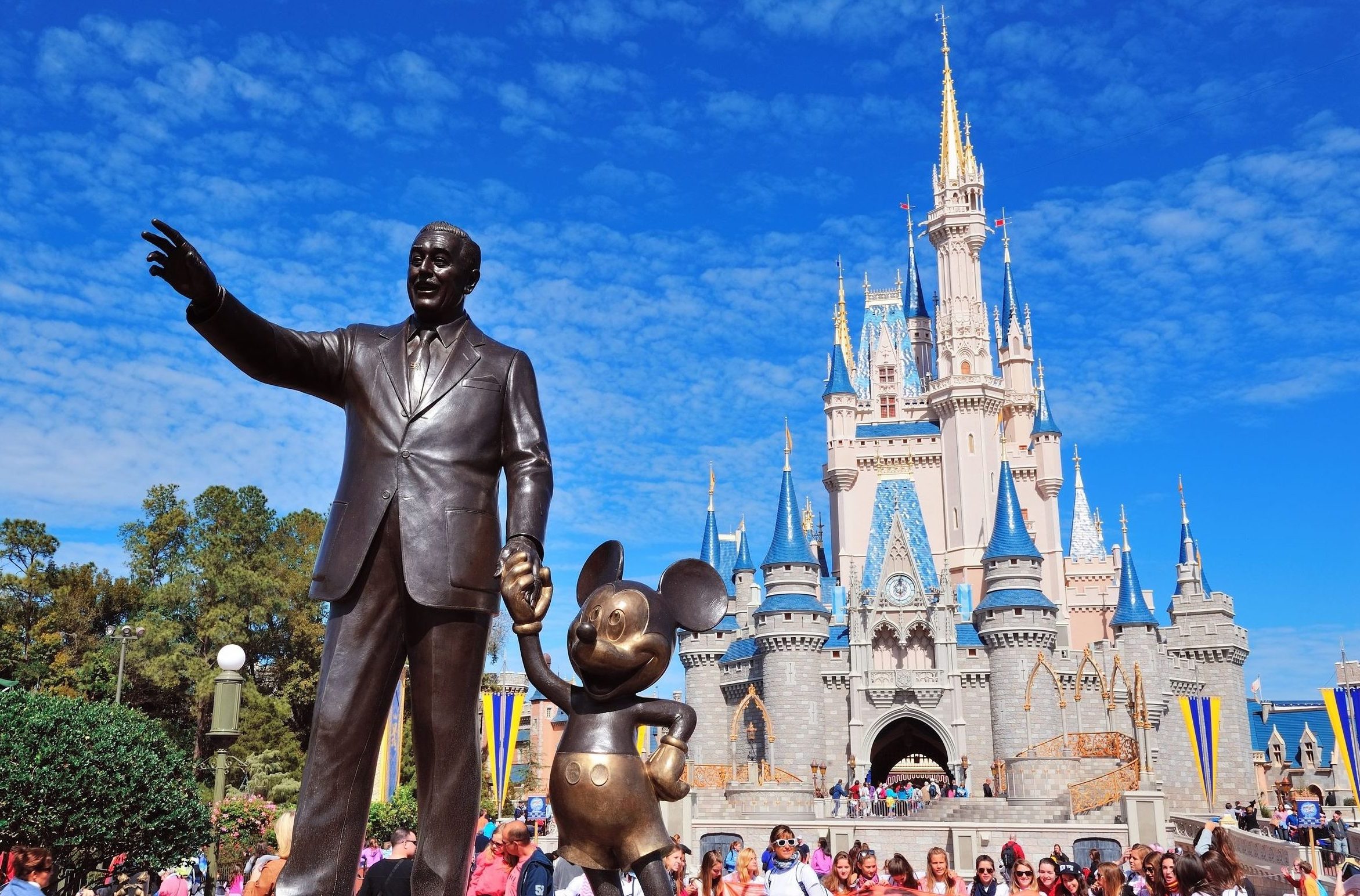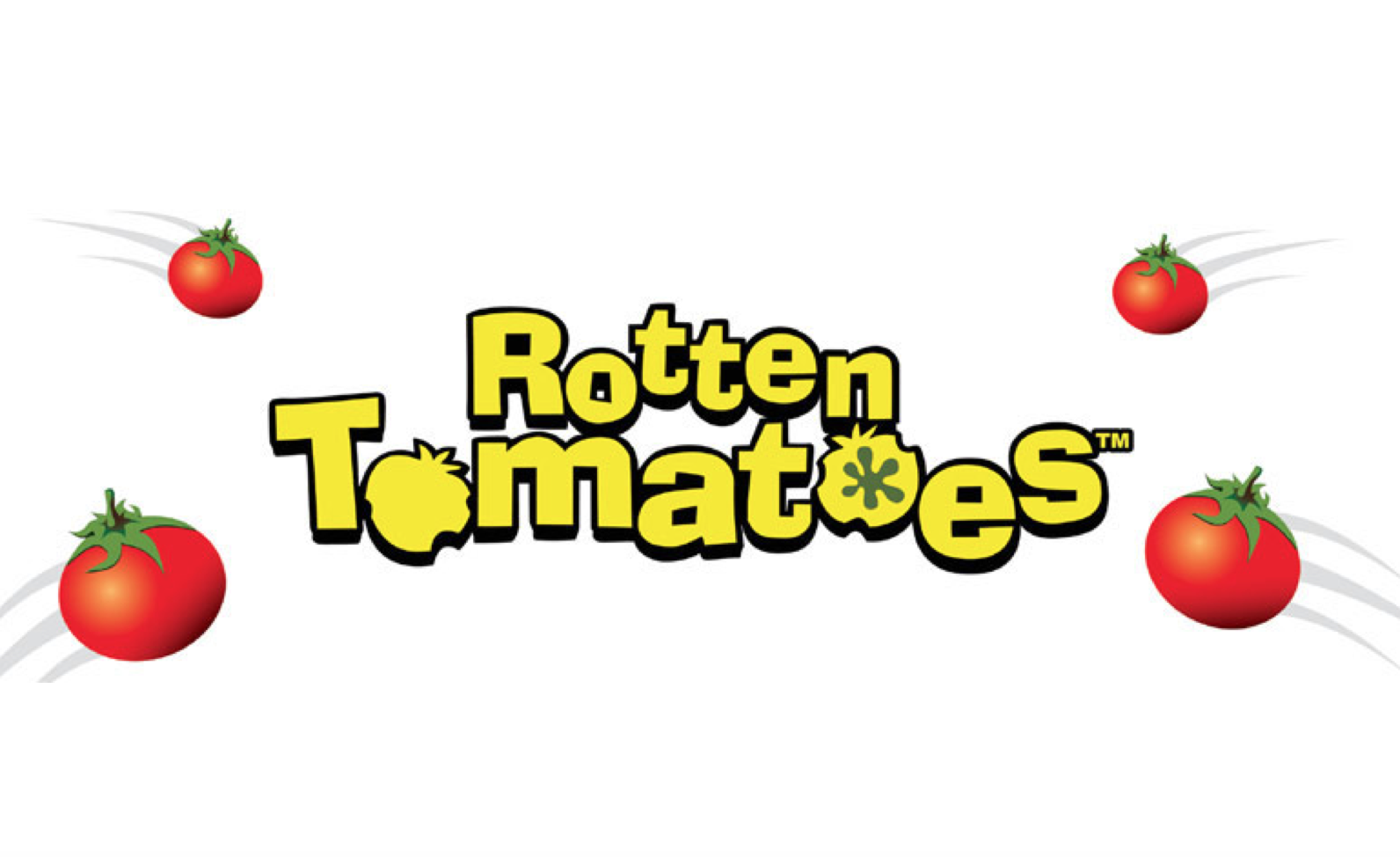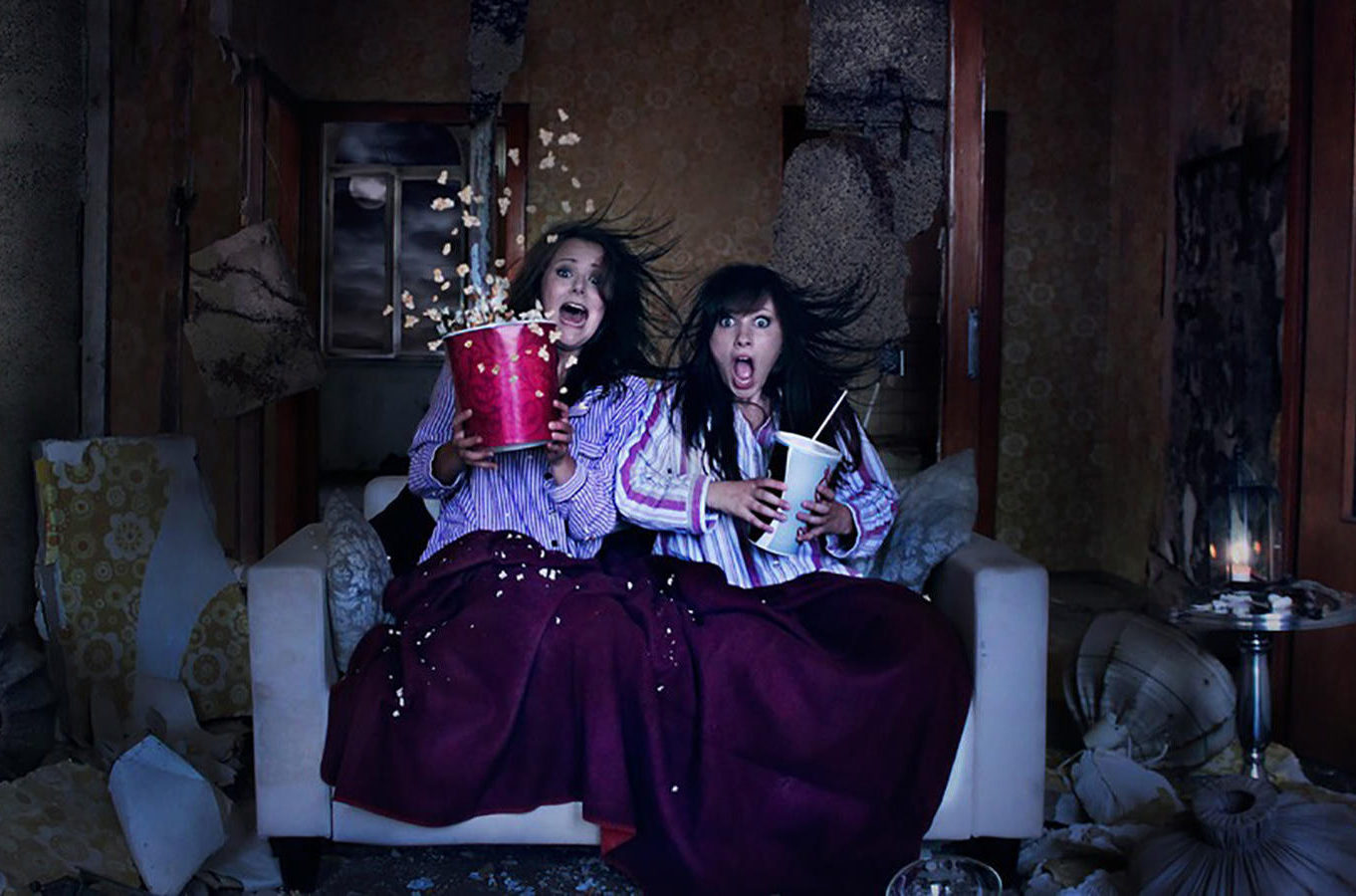
The Disney/L.A. Times Feud Proves that Trying to Control the Press is a Risky Game
Last week, the Walt Disney Company, claiming that the newspaper “showed a complete disregard for basic journalistic standards,” resolved to barre L.A. Times film critics from attending advance screenings of its latest movies and other media events. A controversial decision that rapidly sparked a full-blown backlash within the journalism community.
The feud between the studio and the Los Angeles media outlet relates to a 2-part investigative series published by the Times back in September asserting that Disney has “secured subsidies, incentives, rebates and protections from future taxes” as well as influenced elections in the city of Anaheim, where some of the company’s most popular theme parks are located.
After the paper called out the giant entertainment corporation on Friday to account for the absence of a review for Marvel’s latest superhero film Thor: Ragnarok “because Walt Disney Co. studios declined to screen the movie for The Times’ critics, citing what it called unfair coverage of its business ties with the city of Anaheim,” many journalists and critics took to their social media accounts to protest against the ban.
I just took out a subscription to the @LATimes in honor of Disney boycotting the newspaper because it engaged in journalism. Join me!
— Jake Tapper (@jaketapper) November 6, 2017
Every film journalist and every outlet that covers film should be concerned about @Disney‘s tactics here, and should denounce them. https://t.co/jYoZEmXw7c
— Tasha Robinson (@TashaRobinson) November 7, 2017
The outrage quickly escalated, and soon major news outlets like The New York Times, the A.V. Club, and the Boston Globe stated that they would not attend screenings of future Disney movies in solidarity with the L.A. Times until access is restored to the newspaper. “A powerful company punishing a news organization for a story they do not like is meant to have a chilling effect. This is a dangerous precedent and not at all in the public interest,” read a statement from a NYT spokesperson published on Tuesday.
The very same day, members of the Los Angeles Film Critics Association, the New York Film Critics Circle, the Boston Society of Film Critics, and the National Society of Film Critics also denounced the sanction and voted to disqualify Disney’s movies from year-end award consideration until the blackout is “publicly rescinded.”
We join @nyfcc @TheBSFC @NatSocFilmCrix in denouncing the @latimes blackout and will not consider Disney films for awards until it is lifted pic.twitter.com/ylKkIZFEhq
— LA Film Critics (@LAFilmCritics) November 7, 2017
Even director Ava DuVernay, who has recently worked on the upcoming Disney movie A Wrinkle in Time, expressed her support to journalists for “standing up for one another.”
Saluting the film journalists standing up for one another. Standing with you. https://t.co/M9Fs22vv4L
— Ava DuVernay (@ava) November 7, 2017
Succumbing to the countless boycotts, disapprovals, and therefore serious amount of pressure, Disney, which clearly hadn’t anticipated such a massive reaction, eventually reversed its decision to block critics from the Times from attending its screenings. “We’ve had productive discussions with the newly installed leadership at The Los Angeles Times regarding our specific concerns, and as a result, we’ve agreed to restore access to advance screenings for their film critics,” told the company to The New York Times.
Although it’s a small win over rich companies that try to use their power to silence the media industry in order to censure anything that could badly impact their reputation, the vast indignation drawn by the feud between Disney and the L.A. Times is a considerable proof that trying to deprive the press from its freedom can come at even greater costs.
“The cascading display of journalistic solidarity sends a message to Disney and other prospective bullies: We media types sometimes do live up to the glorious principles that we mouth at panel discussions,” wrote journalist Erik Wemple in an opinion piece for The Washington Post.



